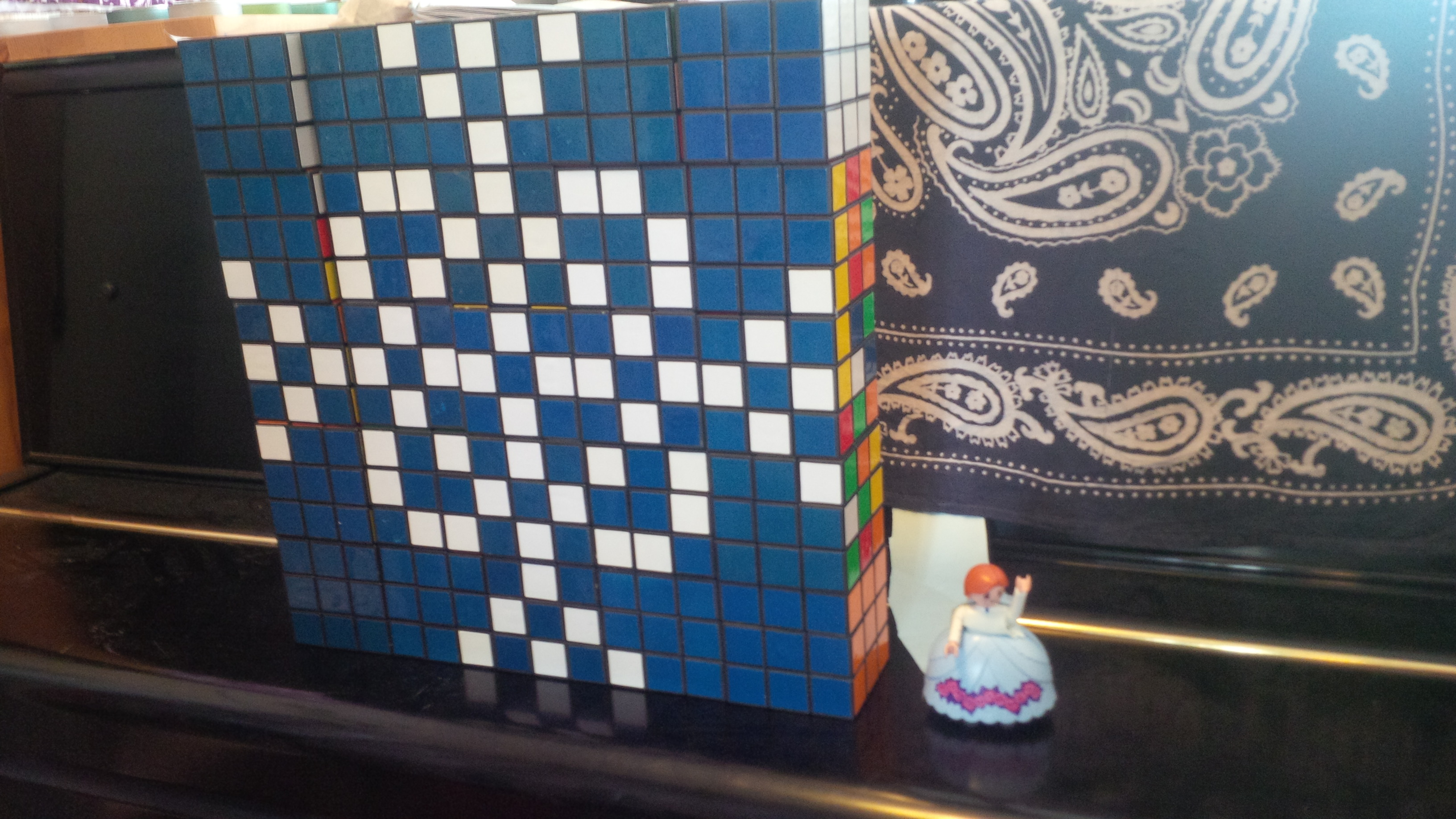If you’ve ever had a kid knock on your door and then get mad at you for opening it because you were interrupting their song, you might have a kid that’s hooked on Frozen. Even though the DVD was released a long time ago, excitement for the movie and its related merchandise is still at high levels. In fact, children will probably only stop caring about the film shortly after I’ve shelled out an unreasonable amount of money for Nordic themed Christmas gifts. But despite the anxiety I feel over this kind of popular culture phenomenon, and the fact that I’m understanding that part of my father’s personality better all the time, I don’t actually mind Frozen all that much.
I think that both Ana and Elsa, despite their complexities, are good role models for my daughters. I like the avoidance of a romantic happily ever after ending. I especially like that the rescue was a collaborative effort, and that both male and female characters (as well as the non-human sidekicks) demonstrate courage, self-sacrifice and creative problem solving. But despite these and many other things right, Disney got what I think is a big thing wrong (even if it was accidental.)
In 1995, Big Idea Promotions released a Veggie Tales movie called “Rack, Shack and Benny.” As always, they presented Bible story reenacted by computer animated vegetables. This time it was the story of three exiled Israelites who refused to bow down and worship a Babylonian god. As punishment for their stance, they are sent into a raging furnace, from which they are miraculously saved. In the cartoon adaptation, the vegetables work as slaves at a chocolate factory and refused to sing the song of praise to “the bunny.” In this song they would have to sing that their love for the bunny superseded their love of their own parents and their desire to attend church or school. By refusing to sing this song they demonstrated their faithfulness and their point about standing up for what you believe in was made. There was just one problem. The Bunny Song was really catchy and fun to sing. So, the moral of the story was lost in the entertainment value of its primary song.
There is no question that the biggest song in Frozen is “Let It Go,” and while it doesn’t commit the same blunders as “The Bunny Song,” its message is inconsistent with the moral of the movie. I would even argue that it runs contrary to the overall story. Again, don’t get me wrong, I love the song. I especially love how the mournfulness of the first verse transitions so easily into empowerment and celebration. It’s almost as though in every second Idina Menzel stretches out “and now they know” you can feel the emotional momentum shifting, and everyone listening who has a secret they are hiding from the world gets just a little feeling of release.
But moments later Elsa’s release starts to fall apart. As she is made aware of the consequences of her actions she sings one line that cancels out every word of “Let It Go.” As the tension builds, she cries out, “I’m such a fool, I can’t be free” and we are all back down at rock bottom with her. “Let It Go” was supposed to be Elsa’s freedom song, but Elsa didn’t need freedom, Elsa needed redemption.
I get it, it’s fun to sing along with her. Who doesn’t want to throw off the burdensome expectations of the people around us and find our self-worth by embracing our own uniqueness? But there is a price we pay for isolation. There is a price the people around us pay when we isolate ourselves. Every problem in Frozen is the direct or indirect result of Elsa letting it go.
In the end, Elsa realizes that she is loved and that she has love to give. Love doesn’t mean letting go. Love means holding on to someone and allowing them to hold on to you.

Leave a Reply